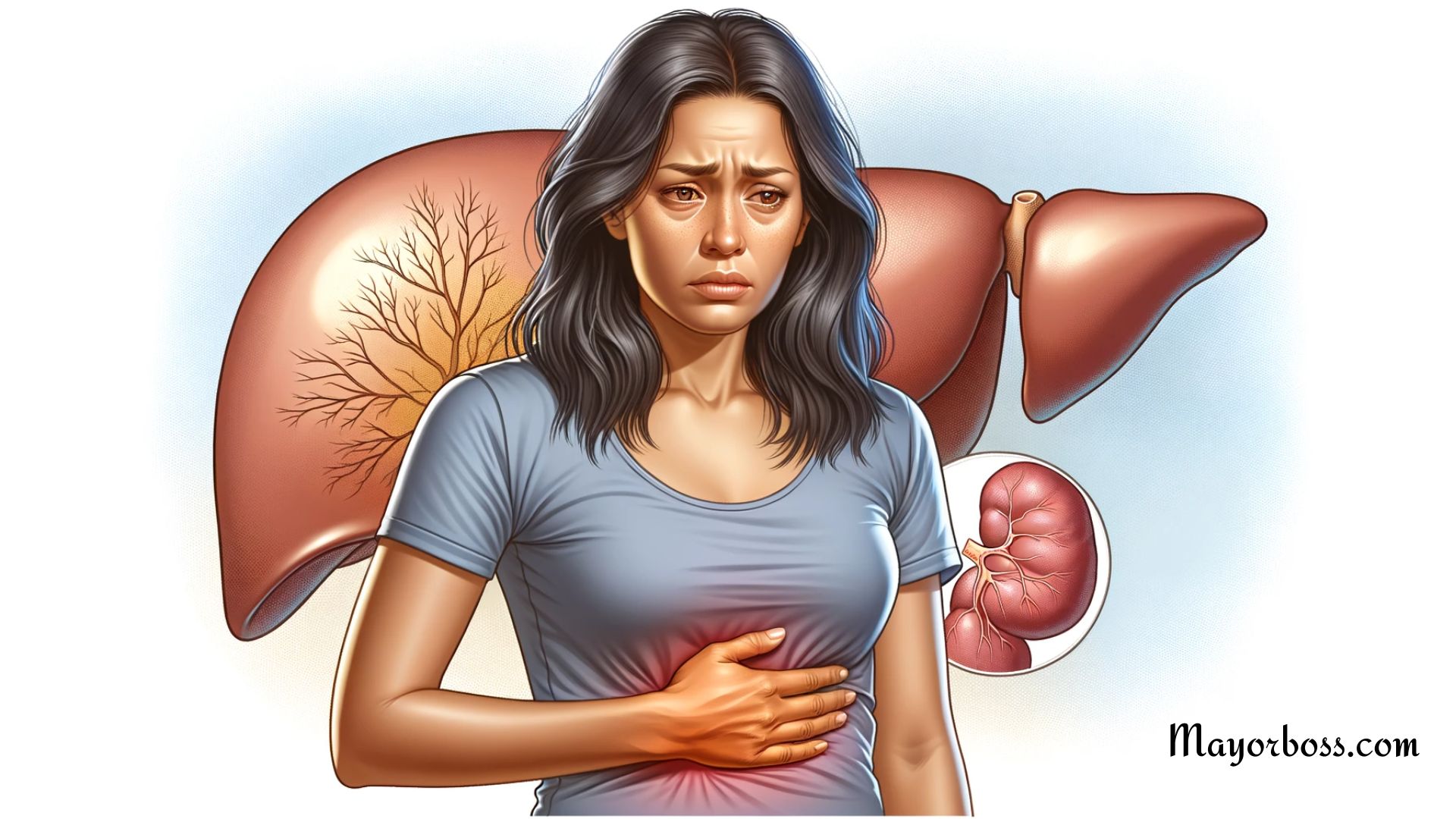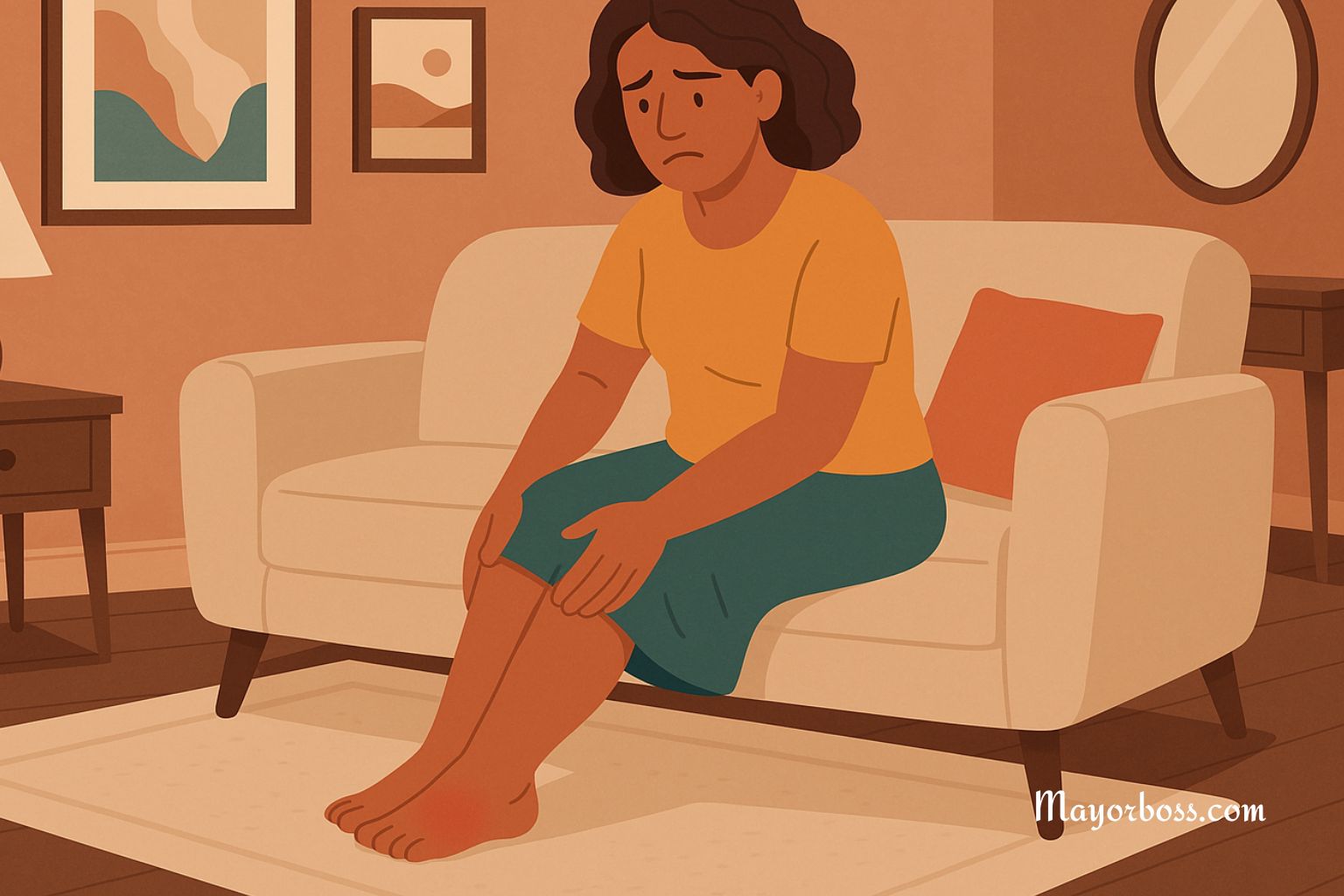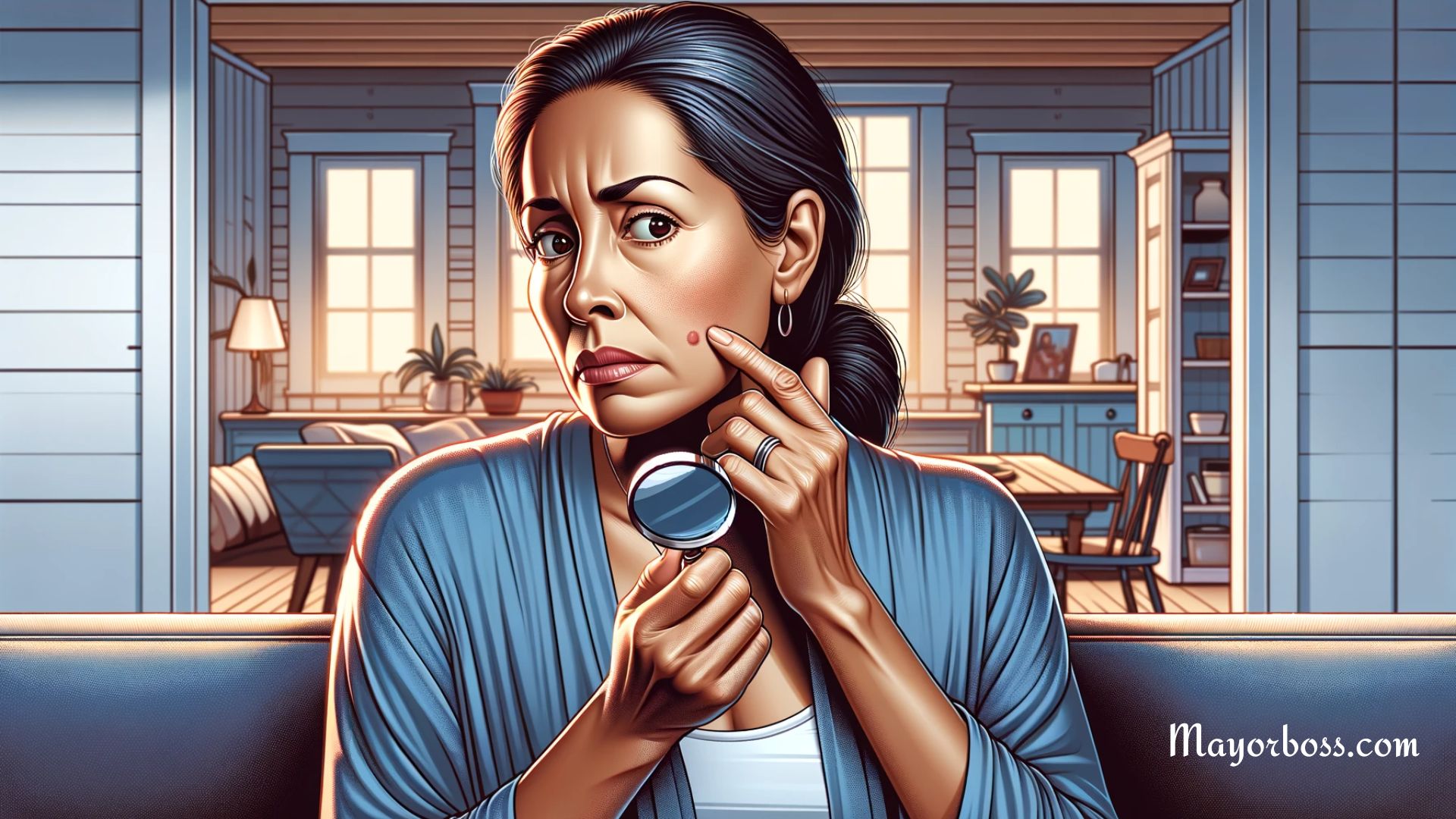Early Signs of Liver Damage You Should Not Ignore
Liver damage can happen for many reasons, like viral infections, being overweight, or drinking too much alcohol. Over time, this damage can cause scar tissue to build up in the liver, which is called cirrhosis. It’s really important to know the early signs of liver damage because finding it early can help stop more problems. In this article, we’ll explain the common early signs of liver damage that you shouldn’t ignore.

Tiredness and Weakness
If you’ve been feeling super tired for a long time, it might not just be because of stress or not getting enough sleep. Feeling very tired all the time is often one of the first signs that your liver is having trouble. The liver processes toxins and helps your body get energy. When it’s not working right, you might feel exhausted because your body isn’t getting the energy it needs. If your tiredness doesn’t get better even when you rest, it’s a good idea to see your doctor.
Yellowing of The Skin and Whites of The Eyes
Jaundice is a clear sign of liver problems. It happens when a yellow substance called bilirubin, made by your liver, builds up in your body. If your liver can’t process bilirubin properly, it starts to pile up, causing your skin and the whites of your eyes to turn yellow. This yellowing is called jaundice and is often an early sign of liver damage. You shouldn’t ignore jaundice because it means your liver isn’t working well.
Pain and Swelling in Your Belly
Another sign of liver damage is pain or swelling in the upper right part of your belly, where your liver is. Belly pain can feel dull and achy or sometimes sharp. The swelling, also called ascites, happens when fluid builds up because the liver can’t manage fluid balance well. If you have these symptoms, you should see a doctor.
Changes in Pee and Poop Color
If your pee turns dark yellow or even brown, it could mean your liver isn’t handling toxins well. Changes in your poop, like it being pale or clay-colored, can also be an early sign of liver problems. These changes happen when your liver isn’t making or moving bile properly. Bile helps you digest fat. Watching for these changes in your pee or poop can help you understand if something is wrong with your liver.
Weight Loss and Loss of Muscle Mass
A person may notice losing weight and muscle mass without trying if their liver is not working properly. Research suggests that unexplained weight loss and loss of muscle mass often means that the liver is struggling to handle nutrients properly, which affects your body. This kind of weight loss usually comes with losing your appetite, which is also a sign that you might have liver trouble. It’s important to pay attention to these changes and talk to your doctor.
Bruising and Bleeding Easily
The liver makes proteins that help your blood clot. If it’s not working right, your blood might not clot as well, which means you could bruise or bleed easily. If you notice that you get a lot of bruises or you’re bleeding more than usual, it might be because your liver isn’t making enough of these proteins. This is a serious sign that your liver is in trouble and needs attention.
Spider-Like Blood Vessels on Your Skin
Spider angiomas are small, spider-shaped blood vessels that you can see just under your skin. They often show up in people with liver damage and are a sign that your liver isn’t handling hormones well. You usually see these on the face, neck, or chest. If you see these along with other symptoms, it’s a good idea to talk to your doctor about your liver.
Swollen Legs and Ankles
Another early sign of liver problems is swelling in your legs and ankles. The liver helps regulate fluid in your body, and when it’s damaged, it can’t do this well. This can cause fluid to build up in your lower body, which makes your legs and ankles swell. If the swelling doesn’t go away, it’s time to contact your doctor.
Confusion or Trouble Thinking
Your liver helps get rid of toxins from your blood. If it’s damaged, these toxins can build up and sometimes reach your brain. This can cause hepatic encephalopathy, which makes you feel confused or have trouble concentrating and remembering things. If you or someone you know is experiencing confusion along with other signs of liver issues, it’s important to get checked by a doctor.
Feeling Sick or Throwing Up
Feeling sick to your stomach or throwing up are common symptoms of many problems, but they can also mean your liver is having trouble. When your liver isn’t working well, it can lead to a buildup of toxins and digestive issues, which can make you feel nauseous. If you are feeling sick without a clear reason, especially if you have other symptoms like fatigue or yellow skin, you should talk to your doctor.
Losing Your Appetite
Losing your appetite might seem like a small thing, but it can be an early sign of liver damage. When your liver isn’t working right, it affects how your body handles nutrients, which can make you feel less hungry. If you notice you’re skipping meals and not feeling hungry, especially along with other symptoms, it’s a good idea to mention it to your doctor.
The liver is strong, but it can still get damaged. Spotting the early signs of liver damage can help you get treatment before it’s too late. Fatigue, jaundice, belly pain, changes in urine or stool color, unexplained weight loss, bruising easily, swelling, confusion, and loss of appetite are all important signs to watch out for.
If you notice any of these signs, make sure to contact your doctor right away. Early treatment can help stop more damage and keep you healthy.






